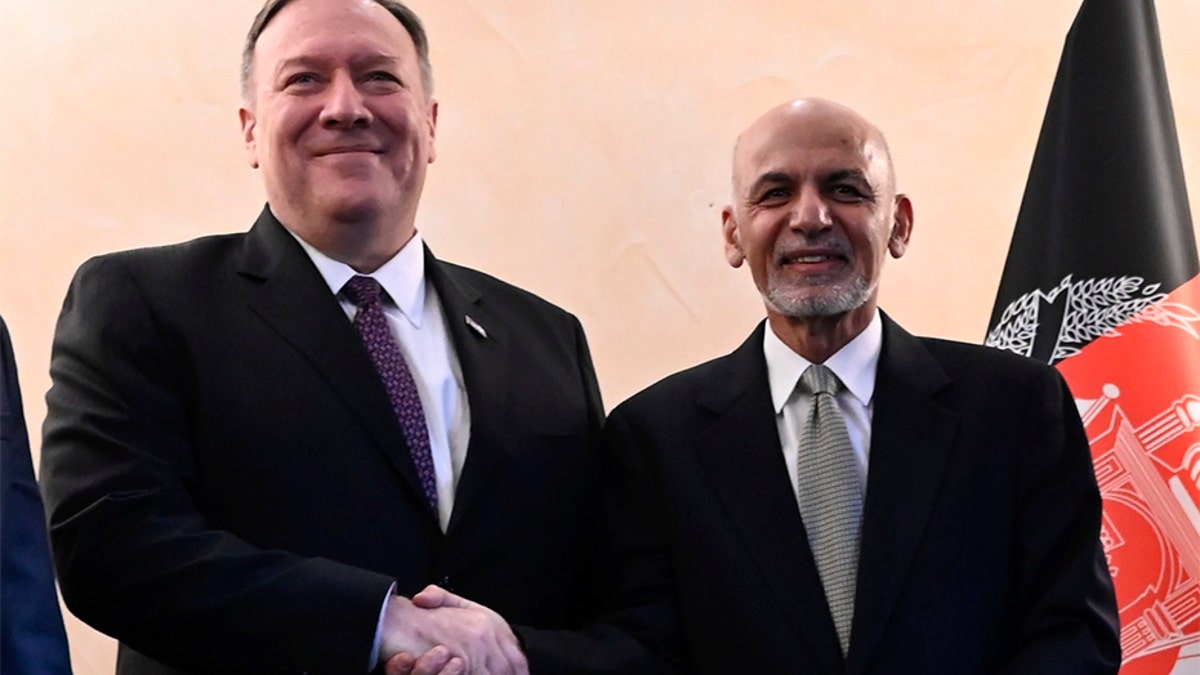American troops began withdrawing from Afghanistan on Tuesday as part of the peace deal signed in late February with the Taliban, marking what could be the beginning of the end of the United States’ longest foreign military campaign.
Sonny Leggett, the U.S. military’s spokesman in the Middle Eastern country, said in a statement that the military had begun its “conditions-based reduction of forces to 8,600 over 135 days.”
Currently, the U.S. has about 13,000 soldiers in Afghanistan — 8,000 of whom are involved in training and advising the country’s National Security Forces, while about 5,000 others are involved in anti-terror operations.
The U.S.-Taliban deal signed on Feb. 28 was touted by the Trump administration as an effort to end 18 years of war in Afghanistan. The next crucial step is set to be intra-Afghan talks, in which all factions – included the Taliban – would negotiate a road map for their country’s future.
The United States’ partial troops withdrawal over an 18-month provided for in the deal is linked to the Taliban keeping its promise to help fight terror in Afghanistan, but not to the success of talks between the Taliban and the Afghan government.
On the weekend, Taliban spokesman Zabihullah Mujahed said the insurgent group was committed to their agreement with the United States and called on Washington to do its part to make sure their prisoners were freed.
CAL THOMAS: TALIBAN 'PEACE DEAL' FRAUGHT WITH DANGER AND BEGS QUESTION - WHO WILL POLICE THE WORLD?
However, Afghan President Ashraf Ghani – who is in tug of war with his main political rival, Abdullah Abdullah, over the presidency – has been dragging his feet on releasing some 5,000 Taliban prisoners, as agreed in the U.S.-Taliban deal.
President Ghani promised Monday to announce a decree to free the prisoners, after the U.S. and a number of foreign dignitaries appeared to back him over Abdullah.
The two Afghan political rivals held dueling presidential inauguration ceremonies on Monday. Abdullah and the elections commission have charged fraud in last year’s vote.
While this political fracas has thrown the talks with the Taliban into chaos, Ghani said Tuesday that he’d start putting together a negotiating team.
US CONDUCTS AIRSTRIKES AGAINST TALIBAN DAYS AFTER SIGNING PEACE DEAL
Washington’s peace envoy Zalmay Khalilzad said in an early Tuesday tweet that he hoped the two leaders can “come to an agreement on an inclusive and broadly accepted government.”
Taliban officials said late Monday that a flurry of biometric identifications were being conducted on Taliban prisoners, hinting at a mass release, according to prisoners currently in lockup.

U.S. Secretary of State Mike Pompeo, left, shakes hands with Afghan President Ashraf Ghani, during the 56th Munich Security Conference in Munich, Germany, on Friday. (AP)
U.S. Secretary of State Mike Pompeo warned in a statement Monday about “any use of force to resolve political differences” between Abdullah and Ghani.
“Prioritizing an inclusive government and unified Afghanistan is paramount for the future of the country and particularly for the cause of peace,” he said.
CLICK HERE TO GET THE FOX NEWS APP
The war in Afghanistan began weeks after the September 11, 2001 attacks by al Qaeda, which at the time were based in Taliban-ruled Afghanistan. U.S.-led forces ousted the Taliban from power, though they soon regrouped.
By 2018, the Taliban were active in more than two-thirds of Afghanistan. More than 2,400 U.S. troops have been killed during the nearly two-decade conflict.
The Associated Press contributed to this report.












































